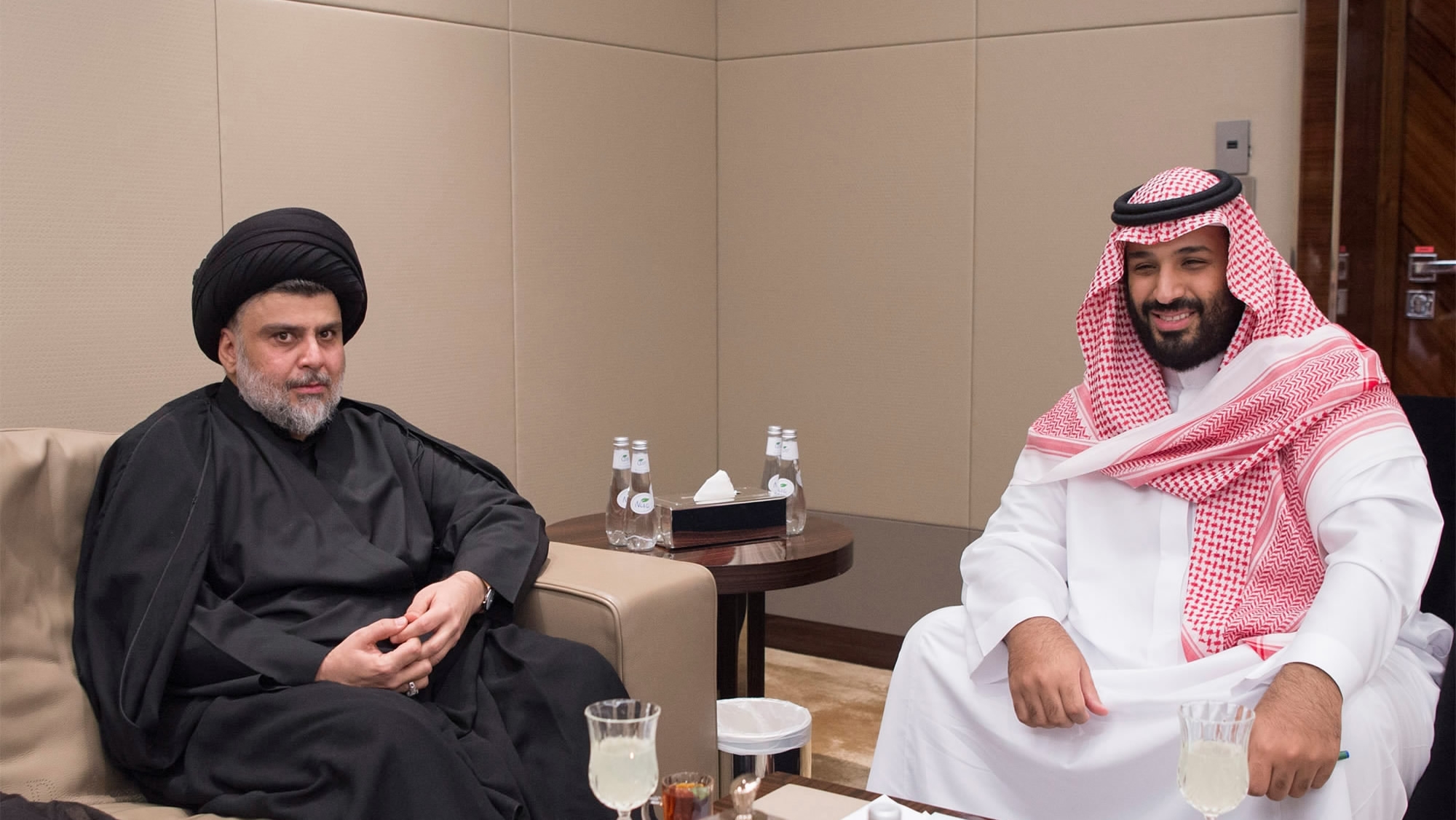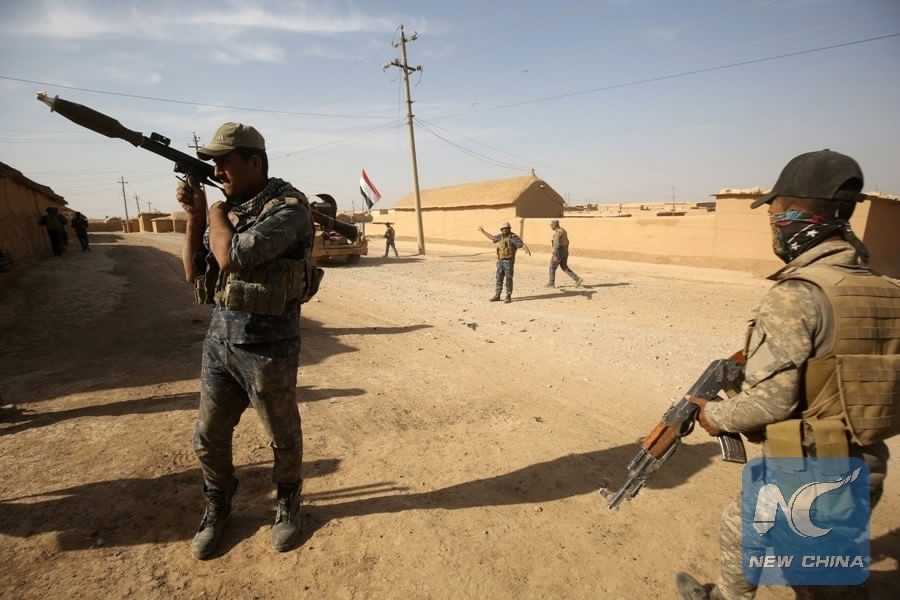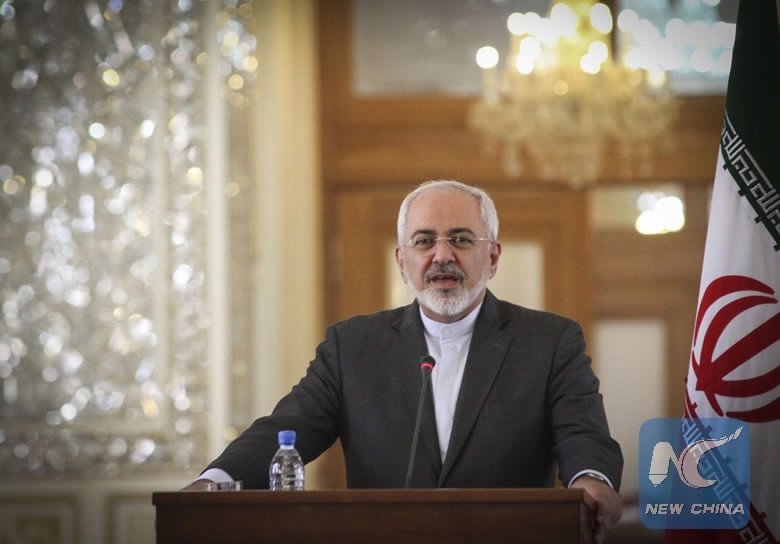
Opinions
13:52, 17-Aug-2017
Opinion: Will Riyadh and Tehran ease tensions?
By Meir Javedanfar

According to Iraqi Interior Minister Qasim Al-Arraji, Saudi Crown Prince Muhammad bin Salman has asked his country (Iraq) to get involved to help ease tensions between Riyadh and Tehran.
To say that this new development is a surprise would be an understatement: a main reason being that until today, Saudi Crown Prince Muhammad bin Salman has been known to be one of the most vocal backers of a more hawkish Saudi stance towards Iran.
In fact it is believed that one of the main reasons why the Crown Prince was one of the main architects and backers of the Saudi war in Yemen was precisely because of his hawkish views towards Iran. The Saudis and the Crown Prince consider the Houthis in Yemen against whom they are fighting as Iranian proxies and thus a danger to Saudi Arabia’s southern border.

Iraqi Prime Minister declared victory in liberating Mosul from ISIL rule in July, after a nine-month tough battle. /Xinhua Photo
Iraqi Prime Minister declared victory in liberating Mosul from ISIL rule in July, after a nine-month tough battle. /Xinhua Photo
As welcome as the Saudi initiative is for those who want to see stability and progress in the tortured relations between Saudi Arabia and Iran, one has to wonder about its chances of success. This is because there are major obstacles in its way.
One of the biggest obstacles is the security establishment in Iran, especially the Islamic Revolutionary Guard Corps (IRGC). While the government of President Hassan Rouhani has welcomed the initiative to improve relations with Riyadh, the IRGC which has a very notable influence on Iran’s policies in strategically important arenas such as Iraq, Syria, Lebanon and Yemen, has not said anything. And for this initiative to succeed, President Rouhani of Iran will need the tacit approval of the IRGC and that of the Supreme Leader of Iran, Ayatollah Khamenei. The latter has been known for taking a hostile view of the Saudis, especially because of their close relations with the US.

Iranian Foreign Minister Mohammad Javad Zarif. /Xinhua Photo
Iranian Foreign Minister Mohammad Javad Zarif. /Xinhua Photo
And the IRGC will have its own doubts as to whether this new initiative by the Saudis is a genuine long-term strategic move, or merely a tactical move by the Saudis to improve their position by cooperating with Iran in places like Yemen, Iraq and Syria where Iran is a key player.
The IRGC will also want to know what the Saudis are willing to offer Iran in return for mending of relations? Will they be willing to reduce their hostility towards the Islamic Republic in places such as the US Congress where the Saudis are believed to have backed sanctions against Iran? Will they stop their support for anti-Assad groups in Syria? Will Riyadh continue to back those in Iraq who want the Iranian-backed People’s Militia (Hashd Al-Sha’abi) disarmed? It’s not clear that the Saudis would be willing to make any such compromises.
For now the biggest winner of this initiative is likely to be the Iraqi government. Until now, only Turkish officials could open the doors of important officials in both Tehran and Riyadh. Iraq has now joined that list. Iraqis will be hoping for success, because peace between Iran and Saudi Arabia could reduce the cold war which Tehran and Riyadh are fighting on its territory.
(The author is a Middle East analyst. He teaches at the Interdisciplinary Center (IDC) in Herzliya and is a research fellow at the Meir Ezri Center for Persian Gulf studies at Haifa University in Israel. The article reflects the author's opinion, and not necessarily the views of CGTN.)

SITEMAP
Copyright © 2018 CGTN. Beijing ICP prepared NO.16065310-3
Copyright © 2018 CGTN. Beijing ICP prepared NO.16065310-3